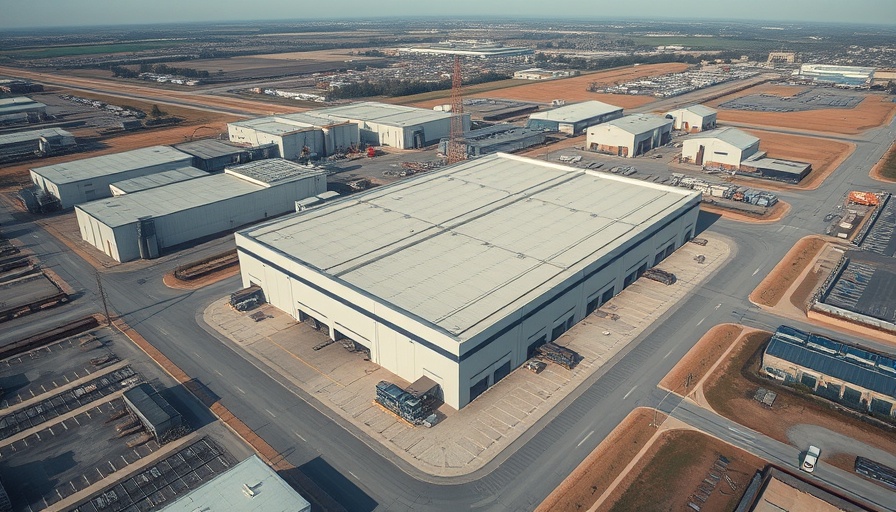
Reimagining Opportunity Zones: What the Proposed Tax Plan Means for San Antonio
The recent Senate tax plan has introduced sweeping changes to the Opportunity Zone program—designed to spur economic growth in distressed areas. This revitalization has raised questions and concerns among experts about both the potential benefits and unintended consequences these changes could have on communities, particularly in booming cities like San Antonio.
Understanding Opportunity Zones
Opportunity Zones were created through the Tax Cuts and Jobs Act of 2017 to encourage investment in economically disadvantaged areas by offering significant tax incentives. Investors can defer capital gains taxes on investments that are made in Opportunity Zones, with the aim of driving economic revival. With the new Senate tax proposal, substantial adjustments are on the horizon for this initiative, prompting a diverse range of responses from local experts.
The Proposal's Key Changes and Implications
Key changes proposed include restrictions on the types of investments that qualify for tax benefits and clearer guidelines on measuring the long-term impacts of these investments on local economies. While these adjustments aim to enhance accountability and effectiveness, experts warn that they could stifle investment opportunities, especially for smaller entrepreneurs and businesses looking to grow in San Antonio.
Potential Risks for San Antonio Entrepreneurs
For San Antonio entrepreneurs—many of whom operate small businesses or startups—the reformed Opportunity Zone program could create barriers to accessing crucial funding. Local business owners, especially those in historically marginalized communities, may find it harder to secure investments that could help them thrive. Initiatives to support San Antonio's vibrant local economy—through grants or incentives for startups—must be carefully considered to avoid unintended consequences of the changes in the tax plan.
Voices from the Community: Mixed Reactions
Community leaders and economic development advocates have voiced a mixture of hope and apprehension regarding the proposed tax changes. Some believe that the updates will bring valuable resources to San Antonio's growing tech scene and commercial real estate sectors. Conversely, others express concern over the potential for increased gentrification and displacement of long-standing residents.
Comparative Perspectives: Other States' Experiences
Utilizing examples from other states that have implemented Opportunity Zones, such as South Carolina and New York, can shed light on the potential outcomes San Antonio might face. In some regions, substantial investments led to revitalized neighborhoods, while in others, there were challenges related to affordability and displacement. Implementing lessons learned from these experiences can be invaluable for San Antonio's trajectory.
Looking Ahead: Future Predictions and Opportunities
In light of the proposed changes, the future of Opportunity Zones in San Antonio holds both challenges and opportunities. Urban planners and local governments must collaborate with community stakeholders, entrepreneurs, and investors to create frameworks that prioritize both growth and inclusivity. This collective effort could pave the way for a balanced website that promotes economic stability while preserving the cultural fabric of San Antonio.
Taking Action: What You Can Do
For local entrepreneurs and residents, staying informed on the developments of the Opportunity Zone program is crucial. Engaging with local business networks, such as the San Antonio Chamber of Commerce, and actively participating in community discussions can help ensure that diverse voices are heard. Additionally, understanding the investment climate and utilizing resources like San Antonio business directories can aid entrepreneurs in navigating the changing landscape.
As the tax changes unfold, it’s imperative for San Antonio's business community to advocate for equitable investment practices that foster sustainable growth across all sectors—especially for black, Latino, and veteran-owned businesses that can greatly contribute to the local economy.
 Add Element
Add Element  Add Row
Add Row 



 Add Row
Add Row  Add
Add 


Write A Comment